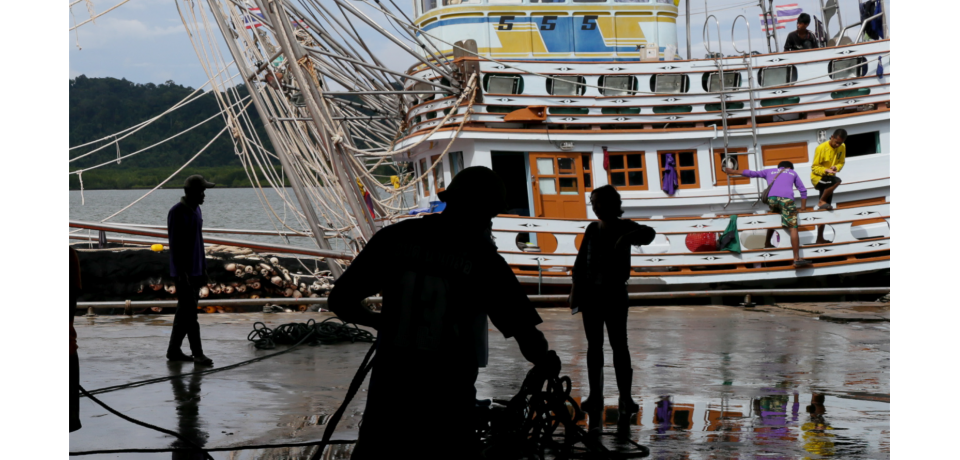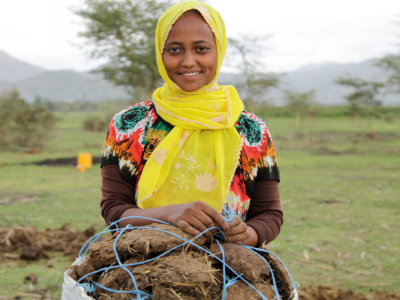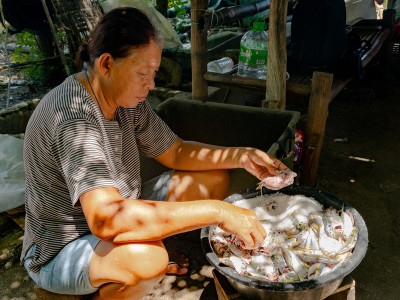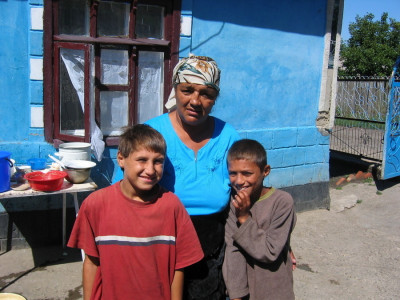Combating Unacceptable Forms of Work in the Thai Fishing and Seafood Industry / Ship to Shore Rights Project
Related Sustainable Development Goals and Global Compact for Migration Objectives
Summary
In Thailand, the commercial fishing and seafood processing industries have a track record of serious human and labour rights abuses. More than one fourth of workers are paid less than minimum wage in these industries.
Over half of the employed workers in the Thai fishing and seafood processing sectors are registered migrant workers from neighbouring countries like Cambodia and Myanmar. Some migrant workers are exploited without proper contracts or are in situations of human trafficking.
The Ship to Shore Rights Project works closely towards the prevention and reduction of forced labour and workers’ exploitation – particularly that of migrant workers – in the Thai fishing and seafood processing sectors.
Key objective
The project aims to prevent and reduce forced labour and workers’ exploitation – particularly that of migrant workers – in the Thai fishing and seafood processing sectors.
Main activities
By working with the government, workers’ organizations, and civil society organizations, efforts were taken to strengthen legal protections and workers’ rights. Some of the concrete measures taken to effectively integrate migration into employment practices include:
- Strengthening policy frameworks to facilitate regular migration and enhance labour standards; and
- Providing support services to exploited workers through civil society and trade unions initiatives.
Key successes or innovative factors, good practices and lessons learned (if available)
Efforts to promote decent work must target supply chains. Multi-stakeholder engagement can help ensure that improvements in working conditions in one supply chain do not negatively impact workers who are involved with other supply chains. Mitigating risks and potential trade-offs is key to achieving decent work for all.
Guidelines can help industries better identify and end exploitative labour practices. The Global Labour Practices (GLP) Guidelines in Thailand’s seafood industry is a useful tool that can reduce and prevent unacceptable forms of work, such as forced labour and workplace discrimination, by offering industry actors the know-how needed to improve due diligence and reduce compliance gaps.
Beneficiaries
Workers in the Thai fishing and seafood processing sectors, especially migrant workers.



